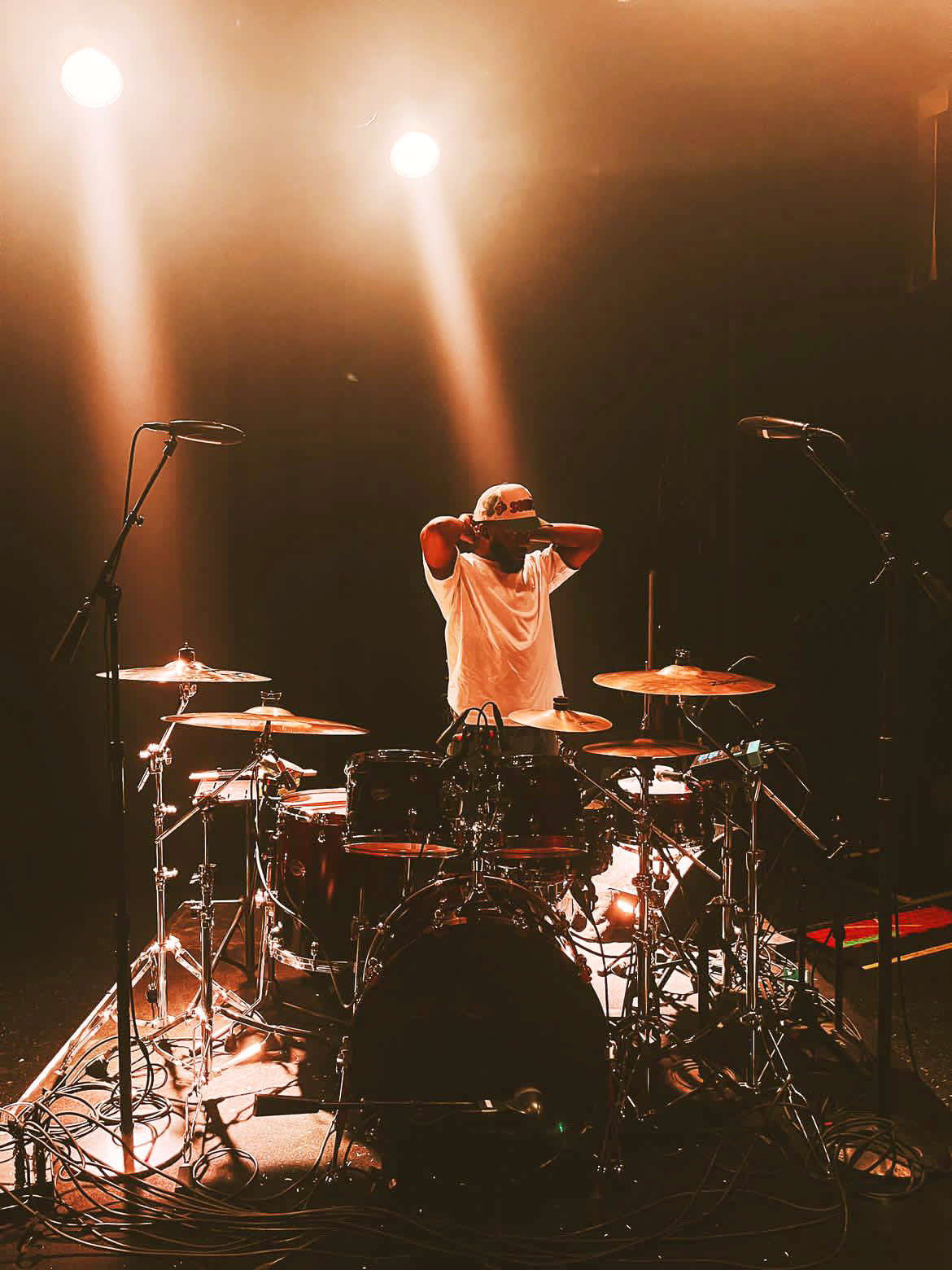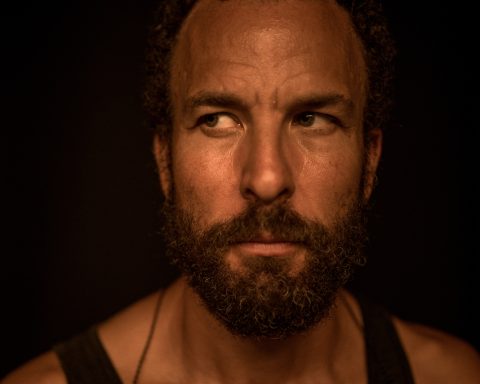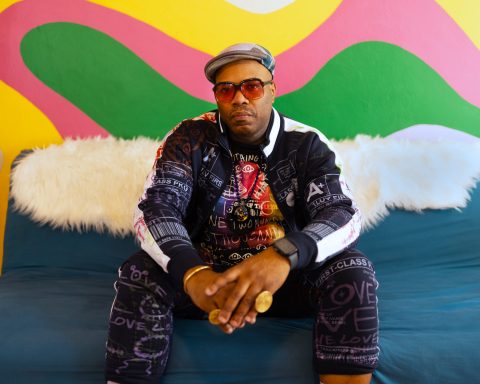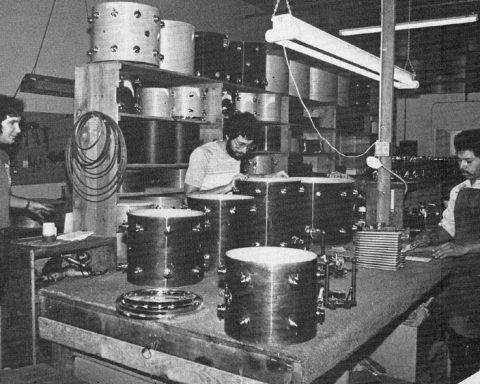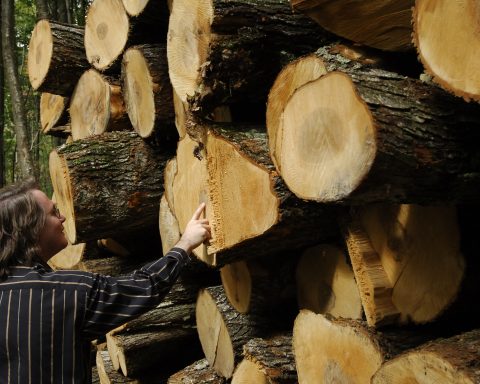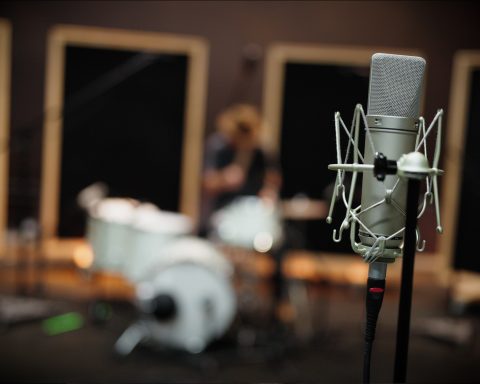Hybrid drumming fuses the traditional acoustic drum set with the latest digital percussion technology, enabling players to perform with the electronic sounds and processed textures that drive modern music styles. Since 2003, Roland sampling pads and acoustic triggers have revolutionized this style, and they’re regularly used everywhere, from indie gigs to arena stages.
Instruments like the SPD-SX pad and TM-6 PRO trigger module make powerful partners for hybrid drummers, allowing them to incorporate loops, one-shot sounds, and melodic phrases into their musical universes. Every drummer has a unique story about their approach to blending traditional and electronic elements. Noah Hyppolite delves into the art of hip-hop hybrid drumming while balancing tours with GRAMMY-nominated rapper Mick Jenkins and his aerospace career.
The Backbeat
Where does your story begin?
“My story, playing drums, begins at age seven. My parents are from Haiti, and my mom is a singer. She sang in the house growing up; she was also a part of a group at church. One day, I went to a rehearsal with her, and one of the musicians didn’t show up. And I just literally got on the drums and started playing. And that’s how everything started.
I played drums in the church until college. In high school, I marched in band all four years, playing snare drum. Then, I went to a Christian college and was entrenched in all the activities there. So drumming was with me for years, and I just stuck with it.”
The Mashup
What does hybrid drumming mean to you?
“Hybrid drumming means everything to me, honestly. I’ve been with Mick Jenkins going on ten years now. A lot of his music is hip-hop-based, with a lot of rhythm and a lot of parts. I’ve been using Roland since 2015, and it makes it easier for me to play the record exactly how it’s supposed to sound, but with my flavor and some embellishment.
Hybrid drumming makes concerts a lot easier. Some people want to go to concerts and hear the music exactly how it sounds on the record. But when you can emulate that and have it sound like that in real time, but with more embellishment, I think it’s a major thing.”
Making Space
What have you learned from playing with Mick over the years?
“You have to be very consistent when playing hip-hop music. You have to give space, especially for somebody who’s very articulate with their words. I like to make sure I’m holding a foundation of the actual groove in the beat, but at the same time, I’m building space so Mick’s able to rap in a way that translates to the audience. If my playing is too busy, it’s like two busy people having a conversation with each other, and there will be a lot of butting heads.”

